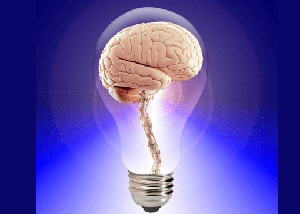Table of Contents
Universal Grammar
Universal grammar may be thought of as some system of principles common to the species and available to each individual prior to experience. Universal Grammar might be defined as the study of the conditions that must be met by the grammars of all human languages. In a highly idealized picture of language acquisition, UG is taken to be a characterization of children’s pre-linguistic initial state.
UG does not deny the role of experience. It proposes that abstract linguistic principles interact with experience and allow children to go beyond the limits of actual experience. UG allows us to bridge deduction and induction through ‘abduction’. Abduction refers to the analysis of observed fact against explanatory hypotheses. A model including abduction recognises the necessity for children to use the input with which they are presented, but allows that they do so in a guided way, going beyond the limits of induction alone (Lust, 2006).

Universal Grammar is viewed ‘internally’; that is, it consists of the set of general, highly abstract linguistic principles, which exist in the minds of individuals and are reflected in the rules of specific languages (Ellis, 2008). According to Chomsky, “I have not hesitated to propose a general principle of linguistic structure on the basis of observations of a single language”.
Chomsky moved the theory of the LAD to Universal Grammar. “Universal Grammar is part of the genotype specifying one aspect of the initial state of the human mind and brain”. The universal principles of UG are highly abstract involving reference to properties like the movement of constituents, agreement between constituents, and the scope of interpretation of operations like negation and interrogation (Ellis, 2008). The study of the principles, conditions, and rules that are elements or properties of all human language.

UG is the initial state of the language faculty. It comes from within and not from without (Cook & Newson, 2007).UG is a theory of knowledge and not of behaviour. Its concern is with the internal structure of the human mind. UG theory holds that the speaker knows a set of principles that apply to all languages, and parameters that vary within clearly defined limits from one language to another. UG is intended to integrate grammar, mind, and language at any moment.
References
- Cook, V. J., & Newson, M. (2007). Chomsky’s universal grammar: An introduction (3rd). Malden, MA: Blackwell Publishers, Inc.
- Ellis, R. (2008). The study of second language acquisition. Oxford: Oxford University Press.
- Lust, B. (2006). Child language: Acquisition and growth. Cambridge: Cambridge University Press.



